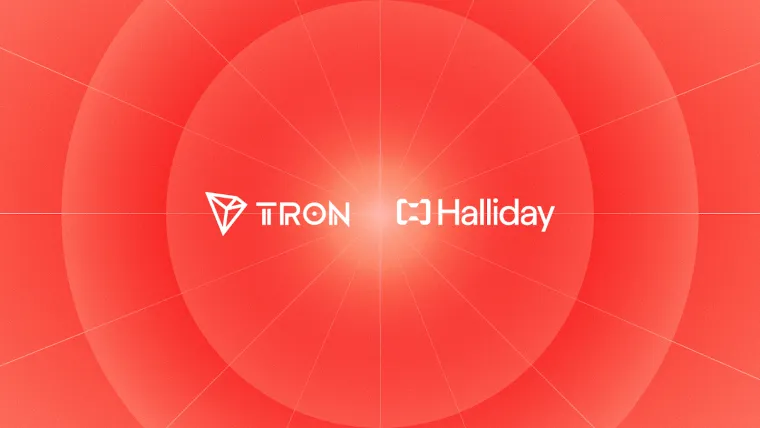The Nigerian Securities and Exchange Commission (NSEC) is voicing concerns that the growing preference of residents for gambling and crypto trading is severely hindering the country’s ability to fund and build key infrastructure.
NSEC Director General Emomotimi Agama highlighted the disparity in investment flows, noting that an estimated 60 million Nigerians (a quarter of the 240 million population) collectively stake $5.5 million daily in gambling. This contrasts sharply with the fewer than three million residents currently investing in the capital market.
According to a Bloomberg report, NSEC officials believe that the $50 billion in crypto transactions conducted by young Nigerians between July 2023 and June 2024 is depriving capital markets of crucial funding. Agama summarized the core problem by stating, “An appetite for risk clearly exists, but not the trust or access to channel that energy into the productive sector.”
However, the text notes that this shift towards high-risk assets is often driven by a lack of confidence in the traditional financial system. High inflation and the depreciating local currency are cited as the main reasons pushing financially strained Nigerians toward crypto trading and gambling as alternatives to depositing funds with banks.
Nigeria initially maintained a hardline stance against cryptocurrencies, but this proved ineffective against strong resident demand. Consequently, the government has begun to embrace this new reality starting with the passage of a law that brings crypto companies under the regulation of the NSEC. Amendments were also introduced to allow for the taxation of crypto transactions.
Despite these regulatory steps, Agama maintains that gambling and crypto trading are the primary factors behind the low local investor participation, which directly impacts the country’s need to narrow its $150 billion infrastructure deficit. To address both the lack of participation and underlying trust issues, the regulator plans to launch new financial products and deploy new technology to attract investment, although no specific timeline has been provided.
- Why is the Nigerian SEC concerned about crypto? The NSEC believes the $50 billion in crypto transactions and extensive gambling by Nigerians are draining funds needed for the country’s $150 billion infrastructure deficit.
- What is driving Nigerians toward crypto and gambling? High inflation and a lack of trust in the traditional banking system and local currency are pushing residents toward high-risk digital assets.
- How much money are Nigerian residents spending on gambling daily? NSEC Director General Emomotimi Agama estimates that around 60 million Nigerians are staking a collective $5.5 million daily on gambling activities.
- What is Nigeria doing to regulate crypto? Nigeria has passed a new law to bring cryptocurrencies under the regulation of the NSEC and introduced amendments to allow for the taxation of crypto transactions.
免责声明:本文章仅代表作者个人观点,不代表本平台的立场和观点。本文章仅供信息分享,不构成对任何人的任何投资建议。用户与作者之间的任何争议,与本平台无关。如网页中刊载的文章或图片涉及侵权,请提供相关的权利证明和身份证明发送邮件到support@aicoin.com,本平台相关工作人员将会进行核查。




